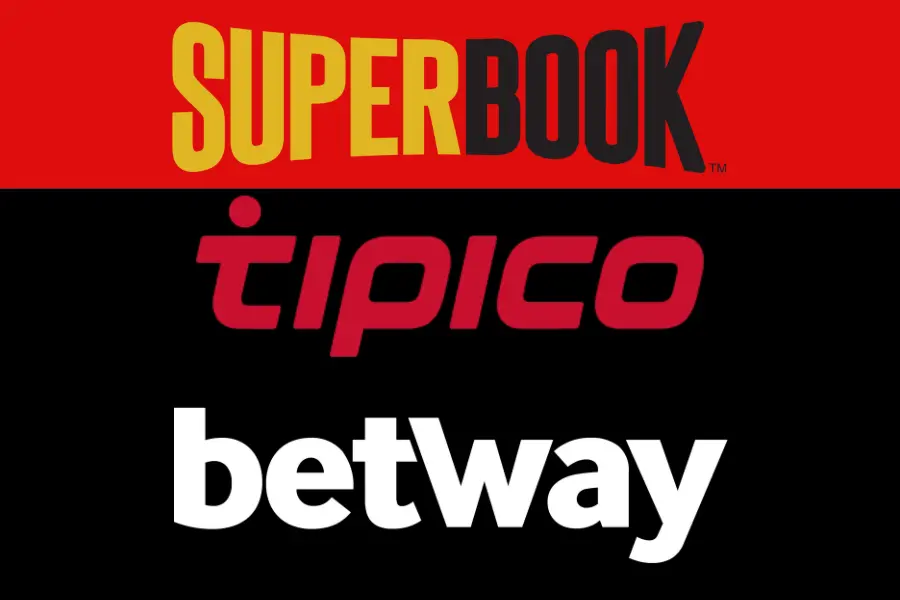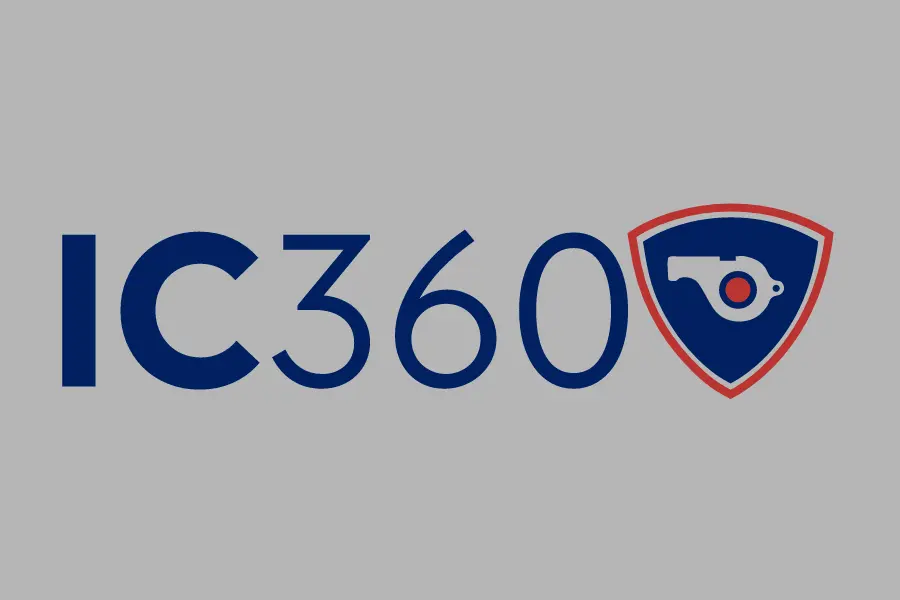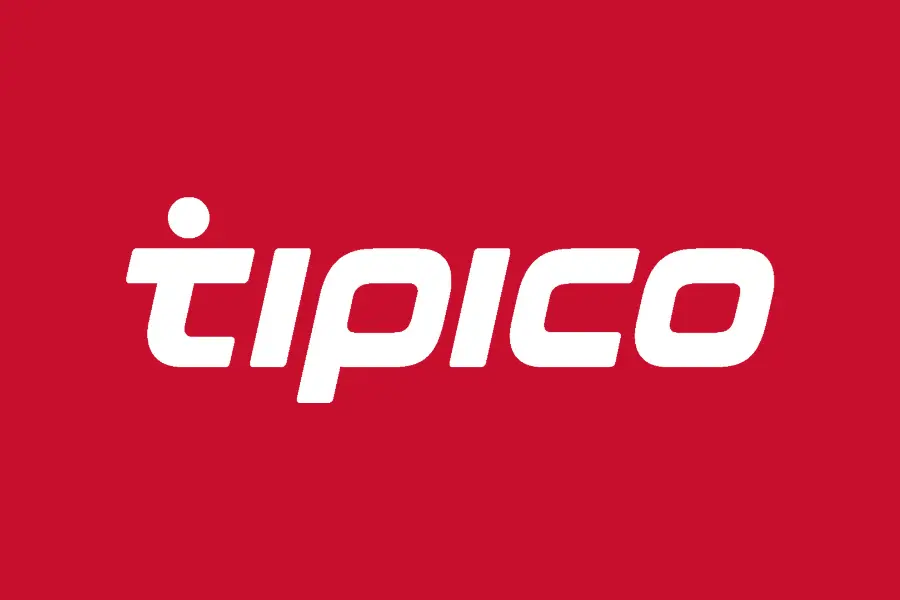The recent withdrawal of SuperBook, Betway, and Tipico from the market further highlights the turbulent nature of the sports betting industry in Iowa and beyond.
Iowa’s Revenue Trends in June
June 2024 was a challenging month for Iowa’s casinos and the IA sports betting industry. The total casino revenue dipped to just under $141 million, an $8 million decrease from May. On a year-over-year basis, the decline was less pronounced, with a decrease of about $1 million compared to June 2023. This monthly downturn represents a 5.4% drop from the $148.8 million recorded in May.
Among the state’s 19 casinos, only two managed to avoid a revenue decline. Wild Rose Emmetsburg and Diamond Jo Dubuque experienced significant drops, with Prairie Meadows, the leading revenue generator, seeing a 9.1% decline. This decline at Prairie Meadows accounted for over 30% of the overall revenue decrease for Iowa casinos.
Despite the downward trend in casino revenues, sports betting showed mixed results. The Iowa Racing and Gaming Commission (IRGC) reported a year-over-year increase in both handle and revenue for sports betting. The total sports betting handle rose from $2.24 billion in fiscal year 2023 to $2.61 billion in fiscal year 2024. By June, the handle increased from $186.3 million in 2023 to $212.2 million in 2024. State tax revenue from sports betting also grew from $12.8 million to $14.3 million in the same period.
However, sports betting revenue in June totaled $12.5 million, marking a 17.3% year-over-year increase, but it was 25.2% lower than May’s $16.7 million. Notably, almost $12 million of this revenue came from online betting, while nearly $563,000 was generated from retail locations. FanDuel led online operators in terms of revenue, while DraftKings attracted more bets, with a handle of $53 million and over $4 million in revenue. FanDuel, on the other hand, generated $4.3 million in revenue from almost $34 million in bets.
The Exit of SuperBook, Betway, and Tipico
The sports betting industry in Iowa has also been affected by the recent exit of several key Iowa sportsbooks. SuperBook Sports, known for its iconic presence at the Westgate in Las Vegas, ceased its online operations in eight states, including Iowa, effective July 19, 2024. This decision was part of a broader strategic retreat, as SuperBook struggled to capture significant market share outside Nevada.
Similarly, Betway’s parent company, Super Group, also exited the U.S. online sports betting market, further illustrating the competitive pressures within the industry. Tipico, another notable player, has also faced challenges, adding to the growing list of sportsbooks that have ceased operations in the U.S.
The exits of these operators underscore the difficulties smaller and mid-tier sportsbooks face in competing against industry giants like DraftKings and FanDuel. A report by JMP Securities highlighted that DraftKings and FanDuel combined for 74.5% of the U.S. sports wagering handle in the second quarter of 2024, with BetMGM trailing at a distant 7%. This consolidation of market power makes it challenging for other operators to sustain their operations.
The Future of Sports Betting in Iowa
The exit of SuperBook, Betway, and Tipico, coupled with fluctuating revenues, signals a period of uncertainty for Iowa’s sports betting market. While the state has shown resilience with year-over-year growth in sports betting handle and tax revenue, the competition remains fierce. The dominance of a few major players leaves little room for smaller operators to thrive.
As Iowa continues to navigate this evolving landscape, the focus will likely remain on regulatory adjustments and market strategies to ensure a stable and competitive environment. The state’s decision to block new casino licenses for two years indicates a cautious approach to market expansion.




